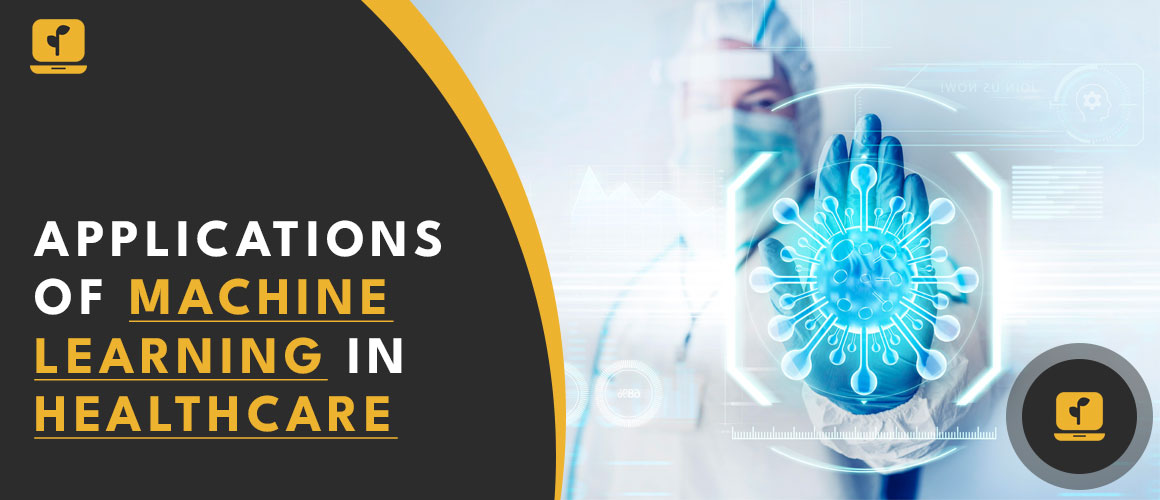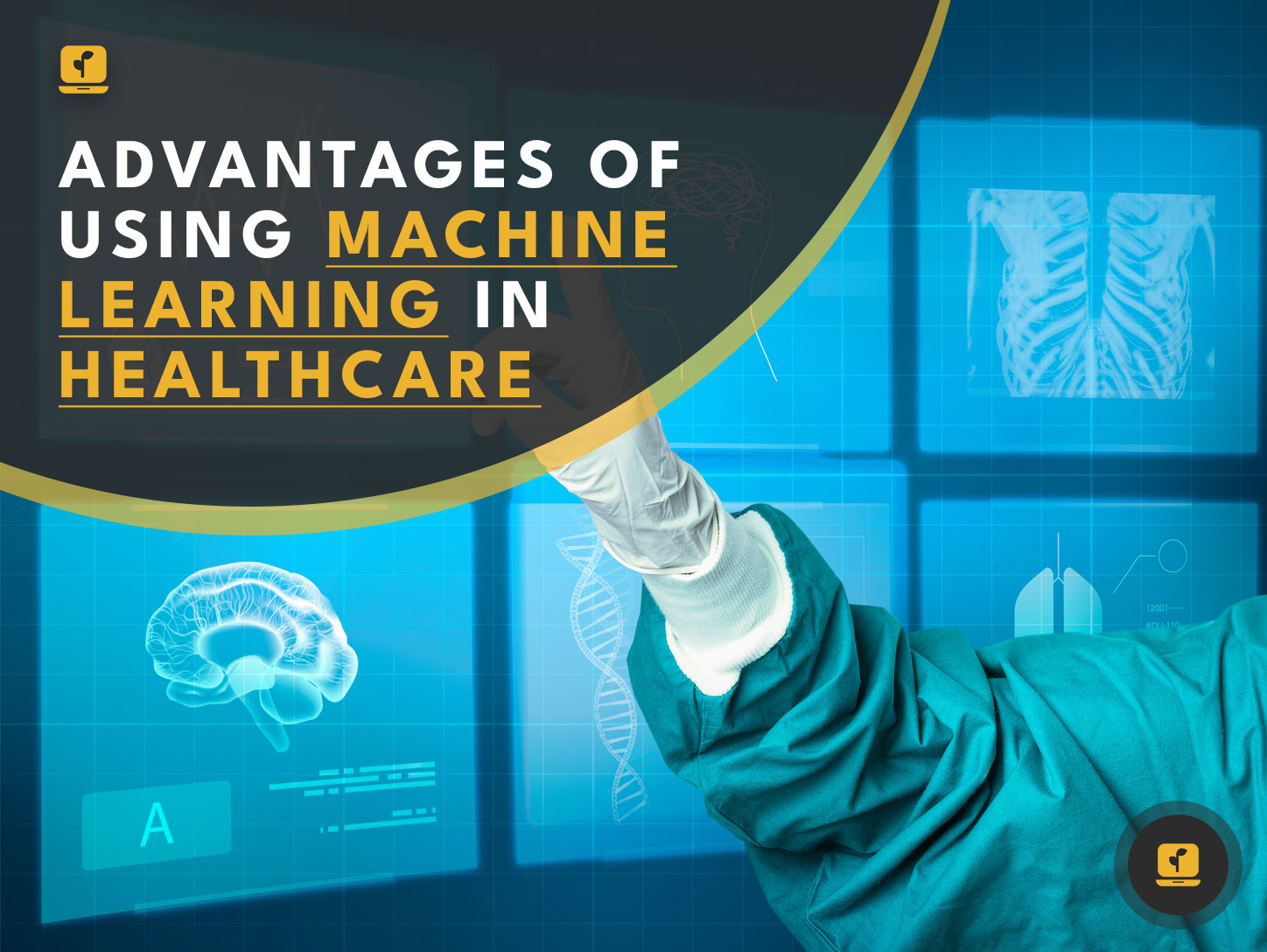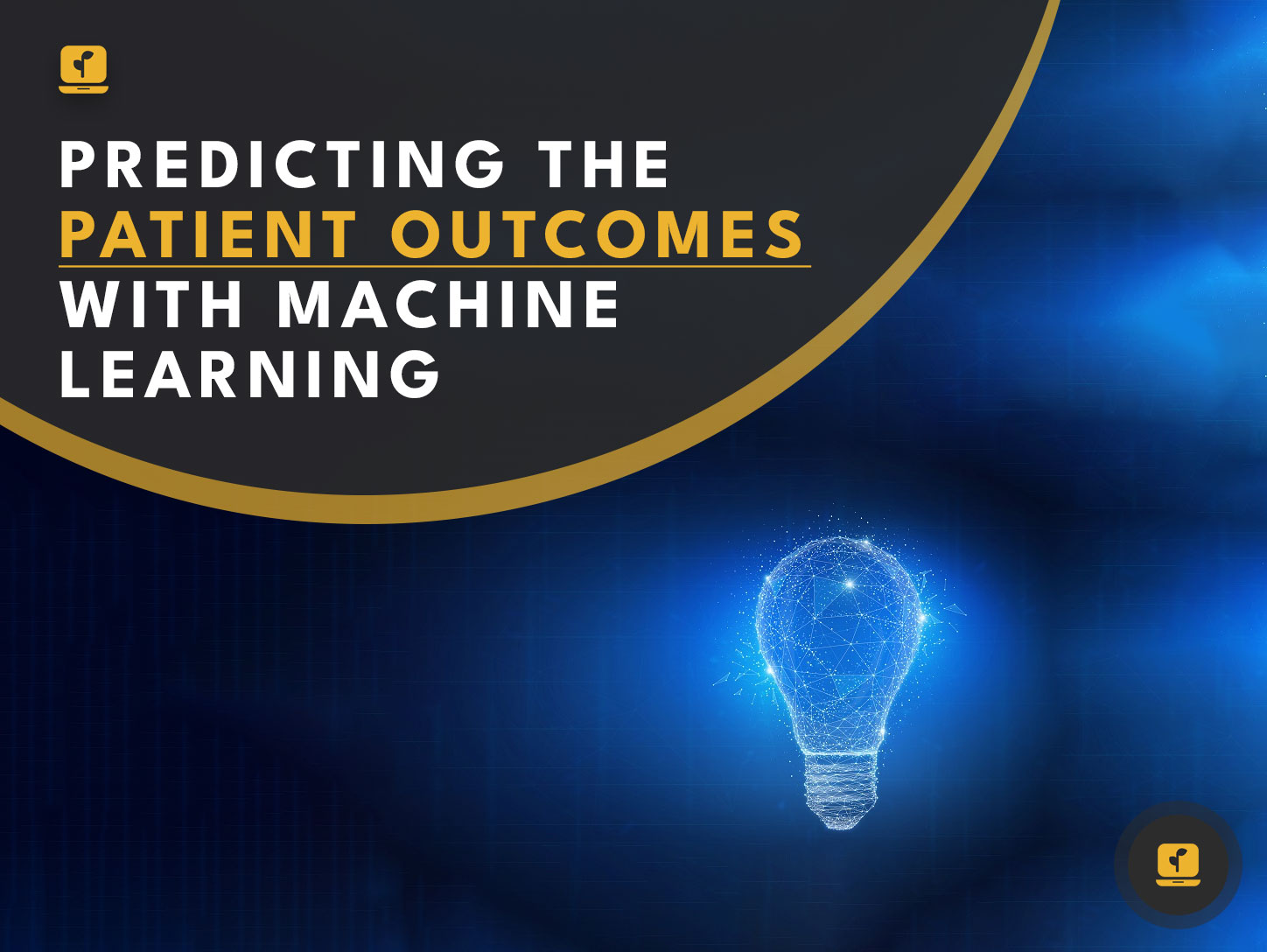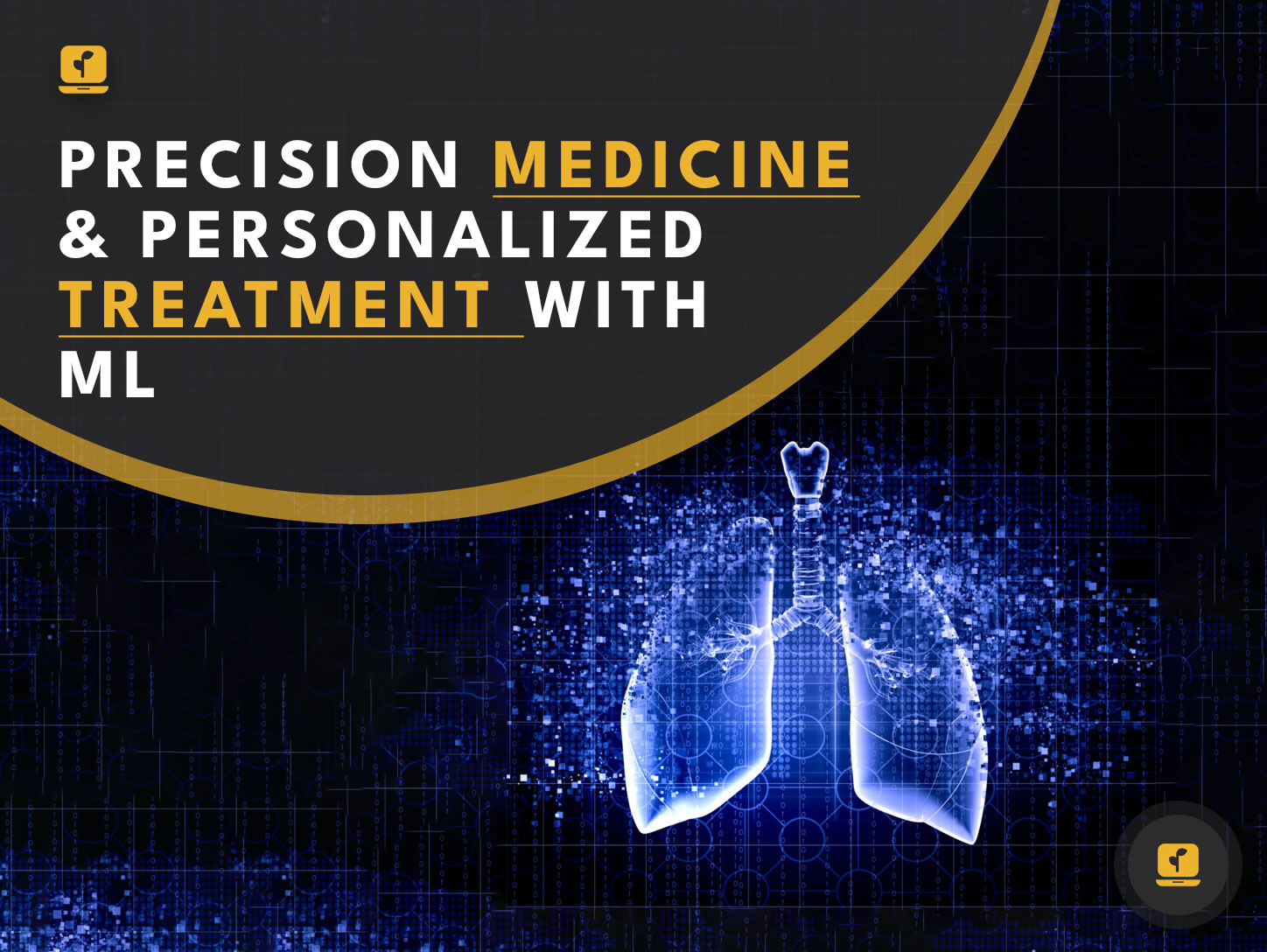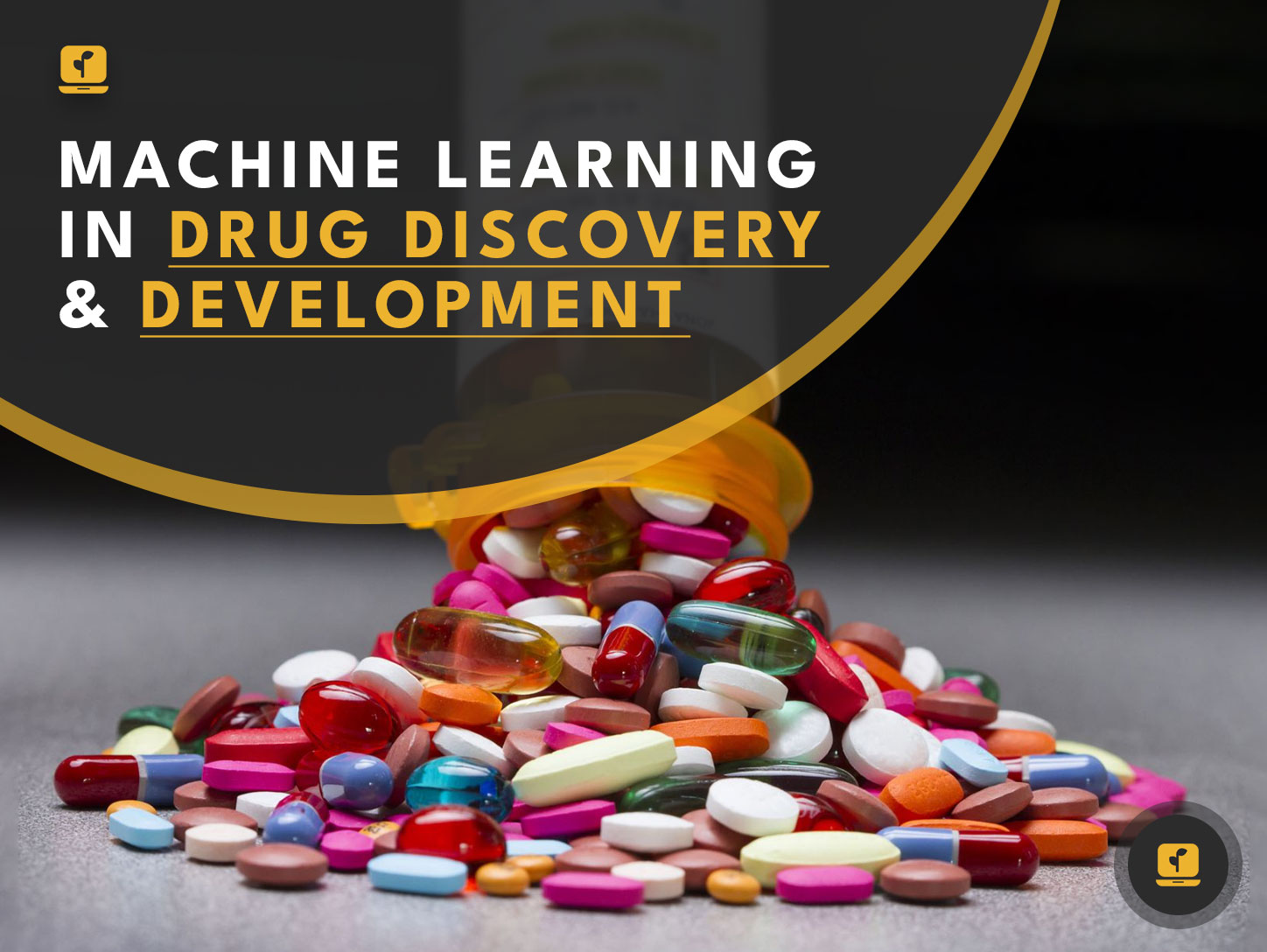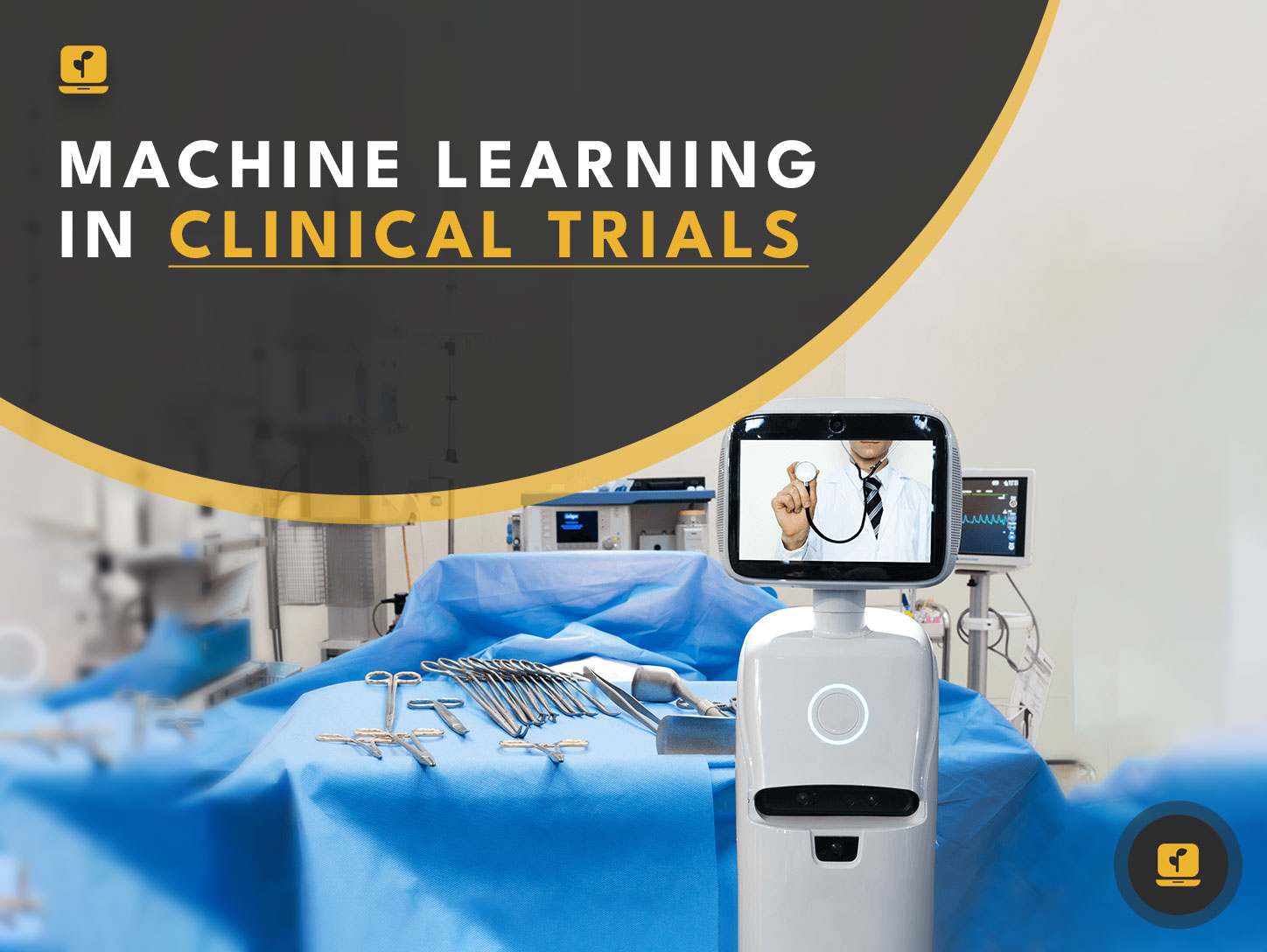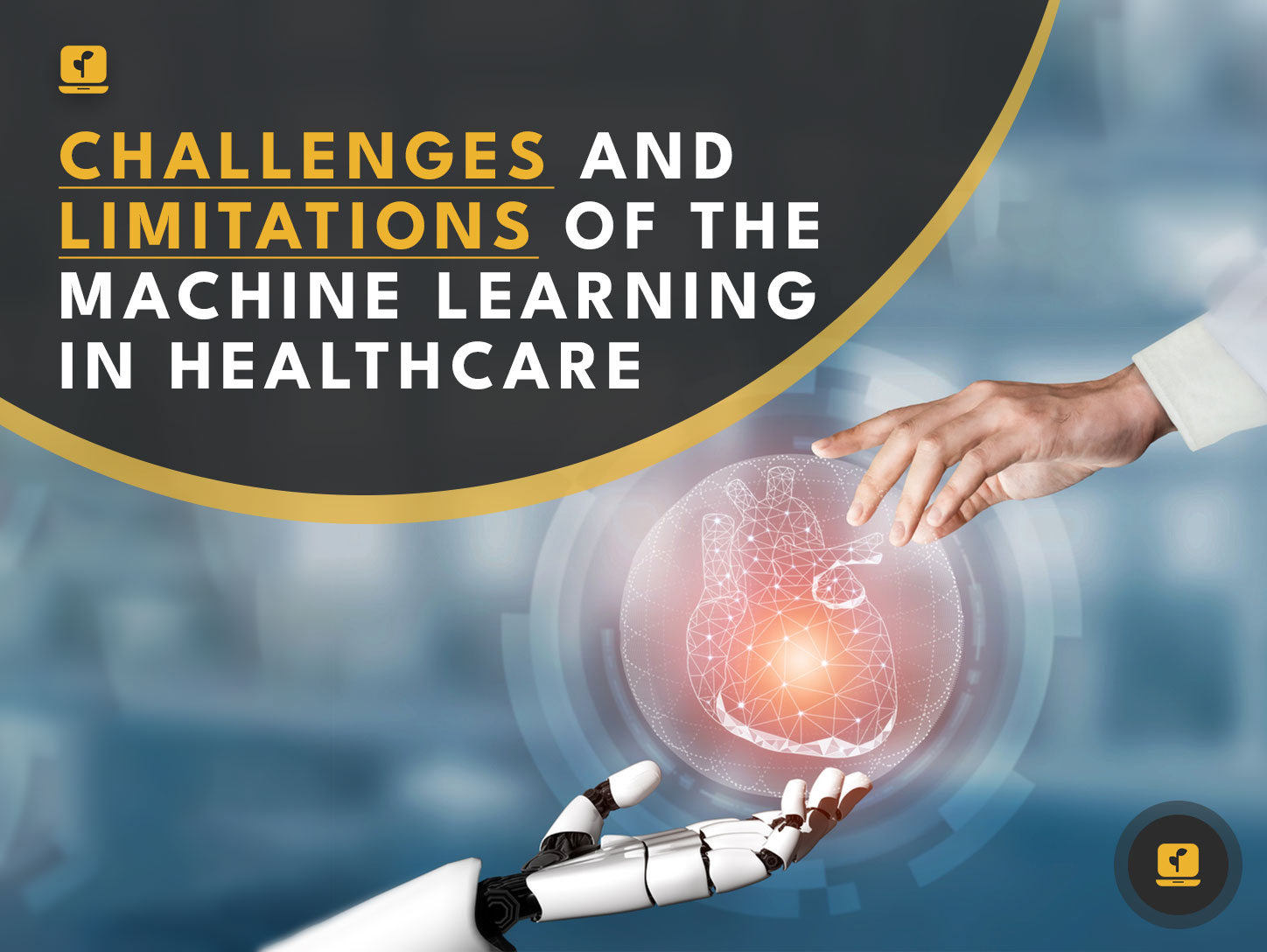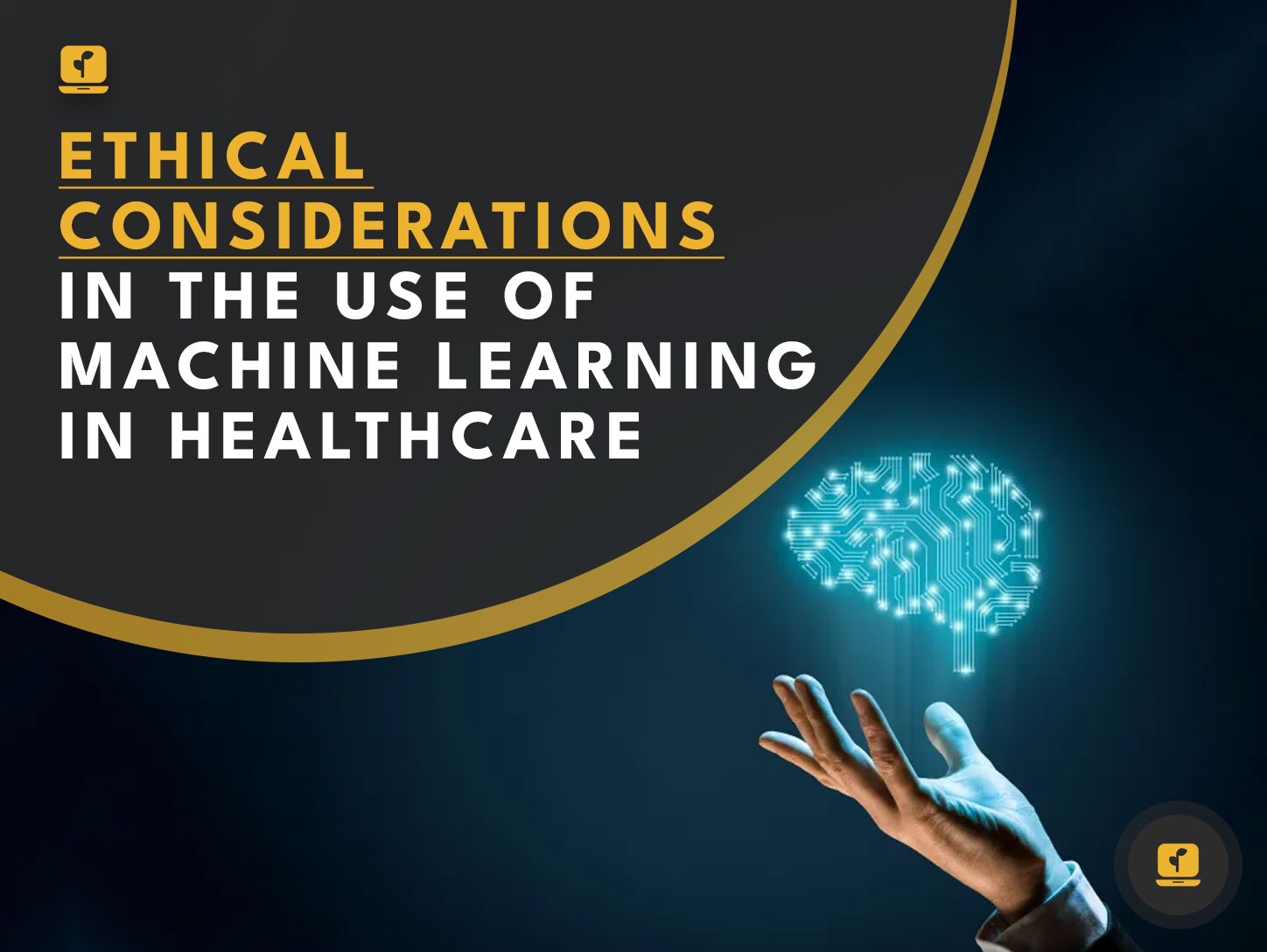Advancements in technology have revolutionized the healthcare industry, and one of the most exciting areas of development is the use of machine learning. Machine learning algorithms have the ability to analyze vast amounts of data, identify patterns, and make predictions, all of which can be incredibly valuable in healthcare.
Table of Contents
From diagnosing diseases to predicting patient outcomes, machine learning has the potential to transform the way healthcare is delivered. In this article, we will explore the various applications of machine learning in healthcare and how they are revolutionizing the industry.
Whether you are a healthcare professional, a patient, or simply interested in the latest developments in technology, this article will provide you with a comprehensive overview of the exciting possibilities that machine learning holds for the future of healthcare. So, let’s dive in and explore the fascinating world of machine learning in healthcare!
Advantages of Using Machine Learning in Healthcare
Machine learning algorithms have the ability to analyze vast amounts of data, identify patterns, and make predictions, all of which can be incredibly valuable in healthcare. The advantages of using machine learning in healthcare are numerous, ranging from improved accuracy in diagnoses to more personalized treatment options. Here are some of the key advantages of using machine learning in healthcare:
- Improved accuracy in diagnoses: Machine learning algorithms can analyze vast amounts of medical data and identify patterns that are not discernible to the human eye. This can lead to more accurate diagnoses, especially in cases where the symptoms are vague or difficult to interpret.
- Personalized treatment options: Machine learning algorithms can analyze a patient’s medical history, genetic data, and other relevant data to develop personalized treatment plans. This can lead to better outcomes for patients and more efficient use of healthcare resources.
- Faster analysis of medical data: Machine learning algorithms can analyze medical data much faster than humans, which can lead to quicker diagnoses and more efficient treatment options.
- Improved patient outcomes: By analyzing medical data and predicting outcomes, machine learning algorithms can help healthcare professionals make more informed decisions about treatment options. This can lead to better patient outcomes and a higher quality of care.
- More efficient use of healthcare resources: By analyzing medical data and predicting outcomes, machine learning algorithms can help healthcare professionals make more efficient use of healthcare resources. This can lead to cost savings and a more sustainable healthcare system.
Applications of Machine Learning in Healthcare & Diagnosis
Machine learning has numerous applications in diagnosis, from identifying early warning signs of disease to predicting the likelihood of certain diseases based on patient data. Here are some of the key applications of machine learning in diagnosis:
- Identifying early warning signs of disease: Machine learning algorithms can analyze medical data to identify early warning signs of disease. This can lead to earlier diagnoses and more effective treatment options.
- Predicting the likelihood of certain diseases: Machine learning algorithms can analyze patient data to predict the likelihood of certain diseases. This can lead to earlier interventions and more effective prevention strategies.
- Improving diagnostic accuracy: Machine learning algorithms can analyze medical data to improve diagnostic accuracy, especially in cases where the symptoms are vague or difficult to interpret.
- Developing more effective treatment plans: Machine learning algorithms can analyze patient data to develop more effective treatment plans. This can lead to better patient outcomes and a higher quality of care.
- Reducing diagnostic errors: Machine learning algorithms can analyze medical data to reduce diagnostic errors, which can lead to more efficient use of healthcare resources and improved patient outcomes.
Predicting Patient Outcomes with Machine Learning
Machine learning algorithms can analyze vast amounts of patient data to predict outcomes, such as the likelihood of a patient developing a certain disease or the likelihood of a patient responding to a certain treatment. Here are some of the key applications of machine learning in predicting patient outcomes:
- Predicting disease progression: Machine learning algorithms can analyze patient data to predict the progression of certain diseases. This can lead to earlier interventions and more effective treatment options.
- Predicting response to treatment: Machine learning algorithms can analyze patient data to predict the likelihood of a patient responding to a certain treatment. This can lead to more personalized treatment options and better patient outcomes.
- Predicting patient survival: Machine learning algorithms can analyze patient data to predict the likelihood of a patient surviving a certain disease. This can lead to more effective treatment options and better patient outcomes.
- Identifying high-risk patients: Machine learning algorithms can analyze patient data to identify high-risk patients who may require more intensive treatment or monitoring. This can lead to more efficient use of healthcare resources and improved patient outcomes.
- Improving patient care: By predicting patient outcomes, machine learning algorithms can help healthcare professionals make more informed decisions about treatment options. This can lead to better patient outcomes and a higher quality of care.
Precision Medicine and Personalized Treatment with Machine Learning
Machine learning algorithms can analyze vast amounts of patient data to develop personalized treatment plans, also known as precision medicine. Precision medicine takes into account a patient’s genetic data, medical history, and other relevant data to develop treatment plans that are tailored to the individual. Here are some of the key applications of machine learning in precision medicine:
- Developing personalized treatment plans: Machine learning algorithms can analyze patient data to develop personalized treatment plans that are tailored to the individual. This can lead to more effective treatment options and better patient outcomes.
- Identifying genetic predispositions: Machine learning algorithms can analyze genetic data to identify genetic predispositions to certain diseases. This can lead to earlier interventions and more effective prevention strategies.
- Improving drug efficacy: Machine learning algorithms can analyze patient data to develop more effective drugs that are tailored to the individual. This can lead to better patient outcomes and a higher quality of care.
- Reducing drug toxicity: Machine learning algorithms can analyze patient data to develop drugs that are less toxic and have fewer side effects. This can lead to better patient outcomes and a higher quality of care.
- Improving patient outcomes: By developing personalized treatment plans, machine learning algorithms can help healthcare professionals improve patient outcomes and provide a higher quality of care.
Machine Learning in Drug Discovery and Development
Machine learning algorithms can analyze vast amounts of data to identify potential drug candidates and predict their efficacy. This can lead to more efficient drug discovery and development processes and more effective drugs. Here are some of the key applications of machine learning in drug discovery and development:
- Identifying potential drug candidates: Machine learning algorithms can analyze vast amounts of data to identify potential drug candidates. This can lead to more efficient drug discovery processes and more effective drugs.
- Predicting drug efficacy: Machine learning algorithms can analyze data to predict the efficacy of potential drugs. This can lead to more efficient drug development processes and more effective drugs.
- Reducing drug toxicity: Machine learning algorithms can analyze data to develop drugs that are less toxic and have fewer side effects. This can lead to better patient outcomes and a higher quality of care.
- Improving drug safety: Machine learning algorithms can analyze data to improve drug safety, which can lead to more efficient use of healthcare resources and improved patient outcomes.
- Developing more effective treatments: By identifying potential drug candidates and predicting their efficacy, machine learning algorithms can help healthcare professionals develop more effective treatments for a wide range of diseases.
Machine Learning in Clinical Trials
Machine learning algorithms can analyze data from clinical trials to identify potential drug candidates and predict their efficacy. This can lead to more efficient clinical trial processes and more effective drugs. Here are some of the key applications of machine learning in clinical trials:
- Identifying potential drug candidates: Machine learning algorithms can analyze data from clinical trials to identify potential drug candidates. This can lead to more efficient drug discovery processes and more effective drugs.
- Predicting drug efficacy: Machine learning algorithms can analyze data from clinical trials to predict the efficacy of potential drugs. This can lead to more efficient drug development processes and more effective drugs.
- Reducing time and cost of clinical trials: Machine learning algorithms can analyze data from clinical trials to reduce the time and cost of clinical trials. This can lead to more efficient use of healthcare resources and more effective drugs.
- Improving patient recruitment: Machine learning algorithms can analyze data from clinical trials to improve patient recruitment, which can lead to more efficient clinical trial processes and more effective drugs.
- Developing more effective treatments: By identifying potential drug candidates and predicting their efficacy, machine learning algorithms can help healthcare professionals develop more effective treatments for a wide range of diseases.
Challenges and Limitations of Machine Learning in Healthcare
While machine learning has the potential to revolutionize the healthcare industry, there are also several challenges and limitations that need to be considered. Here are some of the key challenges and limitations of machine learning in healthcare:
- Privacy concerns: Machine learning algorithms require access to large amounts of patient data, which raises concerns about patient privacy and data security.
- Lack of transparency: Machine learning algorithms are often seen as “black boxes” that are difficult to understand and interpret. This can make it difficult to build trust in the technology and to ensure that it is being used ethically.
- Bias in data: Machine learning algorithms can be biased if the data they are trained on is biased. This can lead to inaccurate predictions and unfair treatment of certain patient groups.
- Limited data availability: Machine learning algorithms require large amounts of data to be effective, but in some cases, the data may not be available or may be difficult to obtain.
- Lack of regulatory oversight: There is currently a lack of regulatory oversight in the use of machine learning in healthcare, which can lead to ethical concerns and potential misuse of the technology.
Ethical Considerations in the Use of Machine Learning in Healthcare
The use of machine learning in healthcare raises several ethical considerations, including issues of privacy, bias, and transparency. Here are some of the key ethical considerations that need to be taken into account:
- Privacy concerns: Machine learning algorithms require access to large amounts of patient data, which raises concerns about patient privacy and data security. It is important to ensure that patient data is being used ethically and that patients are fully informed about how their data is being used.
- Bias in data: Machine learning algorithms can be biased if the data they are trained on is biased. This can lead to inaccurate predictions and unfair treatment of certain patient groups. It is important to ensure that the data being used is diverse and representative of the patient population.
- Transparency: Machine learning algorithms are often seen as “black boxes” that are difficult to understand and interpret. This can make it difficult to build trust in the technology and to ensure that it is being used ethically. It is important to ensure that machine learning algorithms are transparent and that healthcare professionals are able to understand how they are making predictions.
- Informed consent: Patients should be fully informed about how their data is being used and should have the right to opt out of having their data used for machine learning purposes.
- Regulatory oversight: There is currently a lack of regulatory oversight in the use of machine learning in healthcare, which can lead to ethical concerns and potential misuse of the technology. It is important to ensure that there is appropriate regulatory oversight to ensure that machine learning is being used ethically and in the best interests of patients.
Future Implications of Machine Learning in Healthcare
The future implications of machine learning in healthcare are vast and exciting. As the technology continues to develop, we can expect to see even more applications of machine learning in healthcare, from more personalized treatment options to more efficient drug discovery processes. Here are some of the key future implications of machine learning in healthcare:
- More personalized treatment options: As machine learning algorithms become more sophisticated, they will be able to identify individual patient preferences and patterns of behaviour. This could lead to more personalized treatment plans that are tailored to the specific needs of each individual patient.
- More efficient drug discovery processes: As machine learning algorithms become more sophisticated, they will be able to identify patterns in large data sets that are not currently possible to detect with traditional drug discovery methods. This could lead to more effective and faster drug discovery processes, which would benefit everyone involved – patients, healthcare professionals, and drug manufacturers.
- More transparent machine learning algorithms: As machine learning algorithms become more transparent, healthcare professionals will be able to understand how the technology is making predictions. This will help to ensure that the technology is being used ethically and in the best interests of patients.
Conclusion
As machine learning continues to develop, it has the potential to revolutionize healthcare. However, there are still some key issues that need to be addressed before this happens.
Specifically, there is a lack of regulatory oversight in the use of the technology, which can lead to ethical concerns and potential misuse of the technology. It is important to ensure that there is appropriate regulatory oversight in order to ensure that machine learning is being used ethically and in the best interests of patients.


